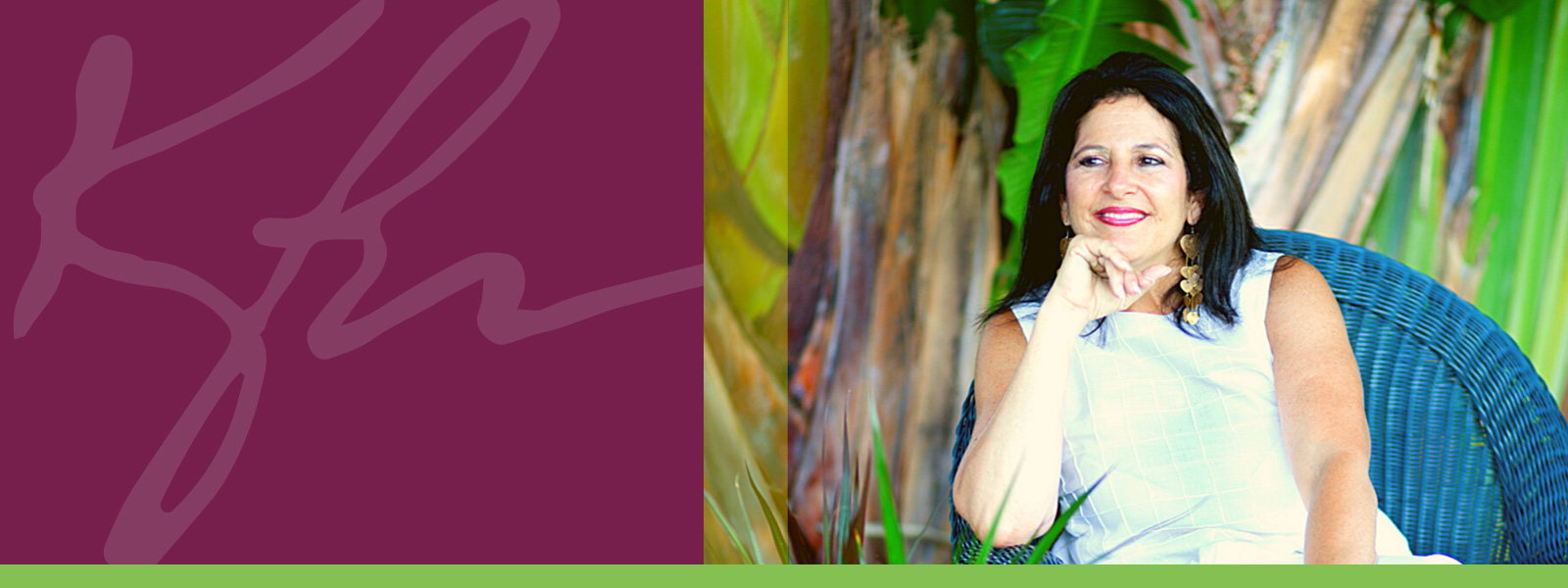As a people, we seem to be defining ourselves as entitled. There are many examples. People don’t vote, but they want things to be in their favor. The father is handicapped, so it is ok for the adult child to use the tag for parking. Because someone has money, he or she feels they should get preferential treatment. Because the other has more money, a person feels deserving of that other paying for something. Even though the policy says one thing, a person who feels entitled feels he or she should be given special variance to that policy. There is the entitled thought that if a person yells loud enough and makes enough commotion, he or she will give or get money back or get their way!! A cop has numbers to make, so he or she dishes out a DUI to a person who makes a traffic error because he or she can (no care for the impact on that person). And so the stories go…
Until we stop thinking from this point of reference, we will not take responsibility to make the change needed on this plane. We are not entitled to all of Mother Earth’s resources or each other’s resources. In fact, we are not entitled — period. Many articles talk of entitlement synonymously with narcissism. While there is a cross over, they are each separate and distinct. Entitlement seems to have various characteristics.
There is an absence of remorse that appears to be in entitlement. There does not seem to be any thought or feeling about the impact of the taking. Yet, there is a burden of responsibility on that other from where or whom an entitled person took. For example: “You scratched my car door but I am going to get my whole car painted at your expense!”
There is a selfishness that appears to be a part of entitlement. For example: “I can, therefore I will.” The thought “I want” seems to be the only focus until it’s had.
There is a litigious attitude fed by and feeding entitlement. For example: “I’ll sue you because I can (I am entitled)!”
There is an impatience that exists in entitlement. For example: “I don’t have to wait, to earn, to understand. I want what I want now.” It seems to be fed by an absence of delay of gratification.
There is a give-up attitude from entitlement. For example: “I don’t like the way you are in this relationship, I want a divorce.”
There is an absence of need to work. For example: ” I should get everything I want when I want it, even if I haven’t worked for it.”
Entitlement is a fear-based experience. It comes, at least in part, from the fear of not having or the fear of not being ok or good enough. Somehow a person learns that they do not have to work for what they are receiving. They do not have to earn the experience or object. They do not feel the personal ownership that comes with the earning. They think they deserve things they haven’t earned and may develop contempt for people who work to earn things. That suggests they are lacking in confidence and may feel contempt for themselves if they have to work to earn something. Yet, any time a fear-based experience is in our life, it is an opportunity to heal. Our fear-based emotions and/or experiences are in our lives to show us that which we are not. In other words, they are opportunities to heal and unveil our True, Soulful self.
As long as entitlement is acceptable or fashionable, we will see a vanishing of
Gratitude
Self respect
Frustration tolerance
Responsibility
Work ethics
As those qualities dissipate, the blame mentality and attitude of indulgence and anti-responsibility are fed. It, therefore, affects the way we treat each other, animals, objects, and Mother Earth and her resources. Concurrently, it holds the individual back from their
Potential
Adventure of life
Self-sufficiency
Creativity
Intrinsic fulfillment
Happiness
So, where do we begin? With our Self and then our children! In life, there is no entitlement, there is no blame, and there is no expectation. There is only you. So, the true antidote is in the personal acceptance of responsibility for the actions, thoughts, and beliefs that you may have bought into. It takes introspection and a sense of being humble to be aware of where you may be feeling entitled. Once you can be honest with your Self and acknowledge those places where you are feeling entitled, you can begin to unravel the snarled web of all you gathered in this life that lead to the entitlement. It is then that you can begin your healing. As you pay attention to the cords that make up that snarled web, you then can begin to heal your children and redirect them to a life that is absent of entitlement.






